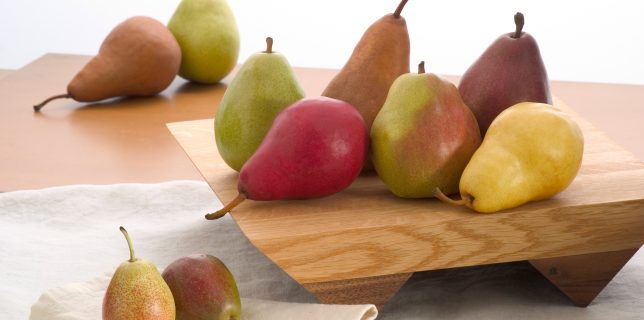3 Sweet Reasons to Choose Pears if You Have Diabetes

November is National Diabetes Month and it’s also a great time to find perfectly ripe pears, which comes in handy since pears have a lot of the attributes we recommend in a diet to prevent and treat type 2 diabetes. Pears are a low glycemic index (and low glycemic load) food – a medium-sized pear ranks 38 on the glycemic index – which means they have a mild effect on blood sugar levels. While there isn’t a cure for diabetes (yet!), we do know that food is a very powerful tool that can be used to reduce symptoms and improve overall quality of life. As registered dietitians, we see the power of food every day, and the research supports just how much of an effect food can have on reducing the impact of diabetes. Whether you’ve been diagnosed with type Continue reading
